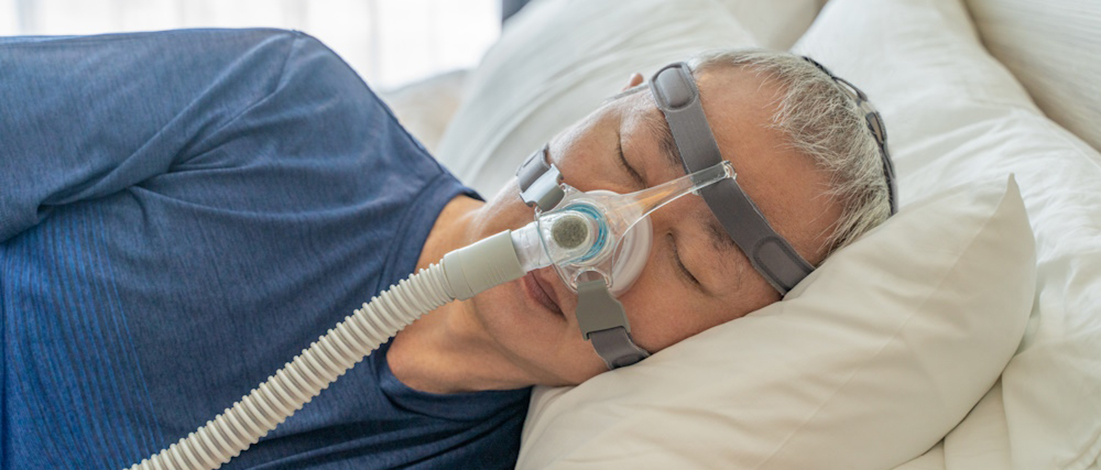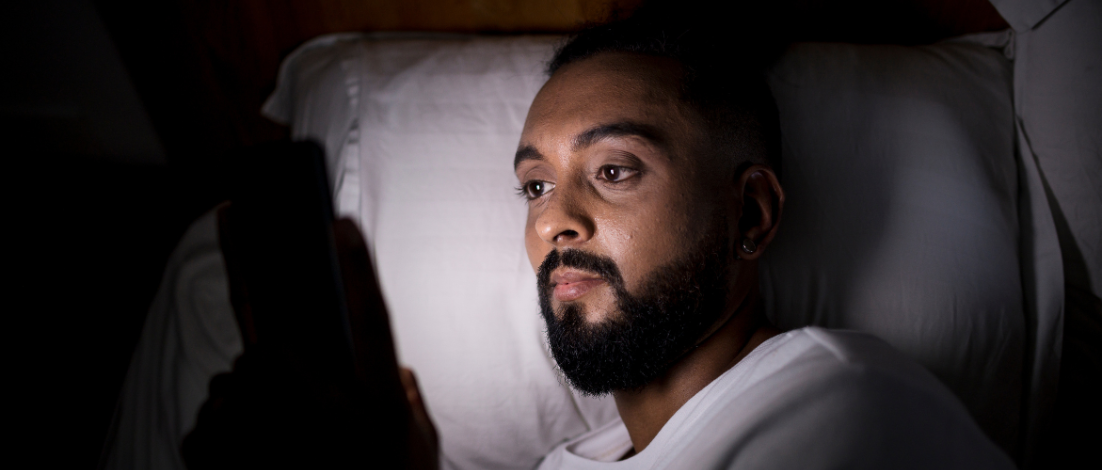Sleep apnea is more than just “heavy snoring.” It is a serious respiratory disorder where breathing repeatedly stops and starts, preventing your body from getting the restorative oxygen it needs. For many veterans, this condition doesn’t appear until years after service, often discovered only when a spouse notices gasping at night, or chronic daytime fatigue becomes unbearable.
As you navigate your VA benefits journey in 2026, understanding the role of medical evidence is more critical than ever. This guide explains how the VA evaluates sleep apnea and how you can organize your documentation to stay in control of your claim.
Note: Trajector Medical provides medical evidence consulting. We help you understand and organize your documentation so you can stay in control of your journey. We do not diagnose conditions or file claims.
What is Sleep Apnea?
There are three primary types of sleep apnea that affect the veteran community. Identifying which one you have is the first step in your medical journey:
- Obstructive Sleep Apnea (OSA): The most common type, caused by physical blockages in the airway.
- Central Sleep Apnea (CSA): Occurs when the brain fails to send the proper signals to the muscles that control breathing.
- Mixed Sleep Apnea: A combination of both OSA and CSA.
Common Symptoms to Document
Healthcare providers typically confirm a diagnosis through a sleep study (polysomnography). You should ensure your medical records reflect symptoms such as:
- Waking up gasping or choking.
- Excessive daytime sleepiness (hypersomnolence).
- Morning headaches or extreme dry mouth.
- Irritability and difficulty concentrating (“brain fog”).
Understanding the 2026 VA Rating Criteria
The VA evaluates sleep apnea under 38 C.F.R. § 4.97 (Respiratory System), Diagnostic Code 6847. Currently, the VA assigns ratings based on the level of treatment required and the severity of symptoms documented in your records.
Current VA Rating Table
| VA Rating | Clinical Criteria & Medical Evidence Needed |
| 0% | A formal diagnosis exists, but the condition is currently asymptomatic. |
| 30% | Medical evidence documents persistent daytime sleepiness. |
| 50% | Requires the use of a breathing assistance device (CPAP, BiPAP, or MAD). |
| 100% | Documented chronic respiratory failure or severe heart complications. |
The “2026 Watchlist”: Proposed Rating Changes
For several years, the VA has discussed a “modernized” rating schedule. While these changes have been proposed, they have not yet been finalized as of early 2026. If implemented, the criteria may shift from “device use” to “treatment effectiveness,” potentially making it harder to obtain the 50% rating for new claims. Veterans already service-connected are typically “grandfathered” under the old rules.
The Power of Secondary Service Connection
Many veterans develop sleep apnea as a result of other service-connected disabilities. If your medical evidence shows that an existing condition caused or worsened your sleep apnea, you may be eligible for a secondary service connection.
Common “Link” Conditions Include:
- PTSD & Mental Health: Stress and medications can disrupt sleep patterns or lead to weight gain that triggers apnea.
- Rhinitis or Sinusitis: Chronic nasal obstruction makes it significantly harder to breathe at night.
- Asthma: Respiratory issues often overlap, complicating sleep apnea symptoms.
- Traumatic Brain Injury (TBI): TBIs are a frequent cause of Central Sleep Apnea due to neurological interference.
Did You Know?
Many veterans with sleep apnea also struggle with urinary frequency (waking up multiple times at night to use the bathroom). This is often a physiological response to the stress apnea puts on your heart. Read our Veteran’s Guide to Urinary Frequency Secondary to Sleep Apnea“
Why Medical Evidence is Your Best Asset
Medical evidence does more than prove a diagnosis; it tells the story of your “functional loss,” how the condition affects your ability to work and live.
Key pieces of evidence to gather:
- Sleep Study Results: The objective data showing your AHI (Apnea-Hypopnea Index) scores.
- Nexus Letters: A medical professional’s opinion linking your apnea to your service or a secondary condition.
- Lay Statements: “Buddy letters” from family or bunkmates who witnessed you gasping or snoring during service.
- Compliance Logs: Records showing you use your CPAP as prescribed by your doctor.
How Trajector Medical Can Help
Organizing years of medical records is a daunting task. Our role is to act as your thought partner, reviewing your files to identify the most relevant medical evidence and helping you present a clear, organized picture of your health.
You stay in the driver’s seat. You decide which evidence to use and how to move forward. Our goal is to ensure that when you do, you have the strongest medical documentation possible to support your claim.








